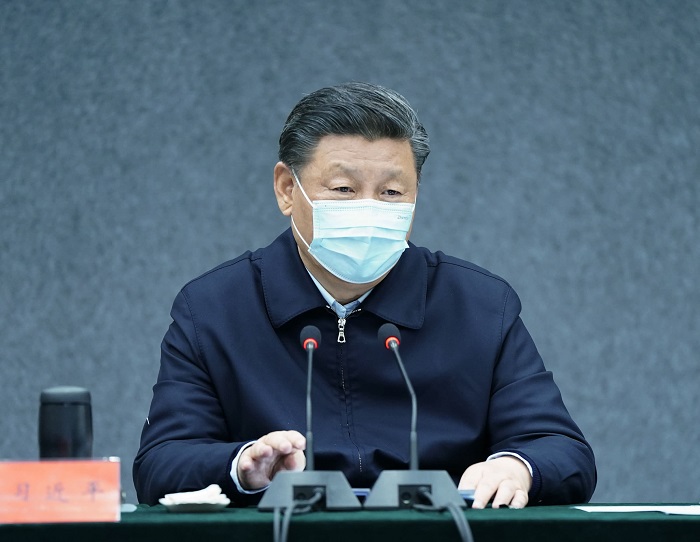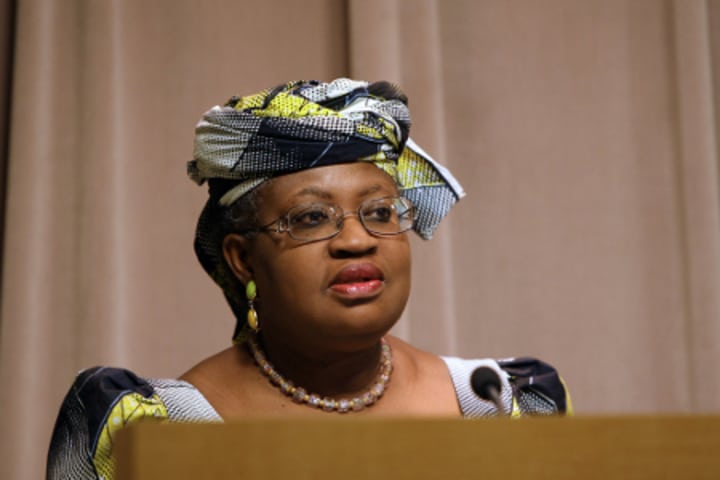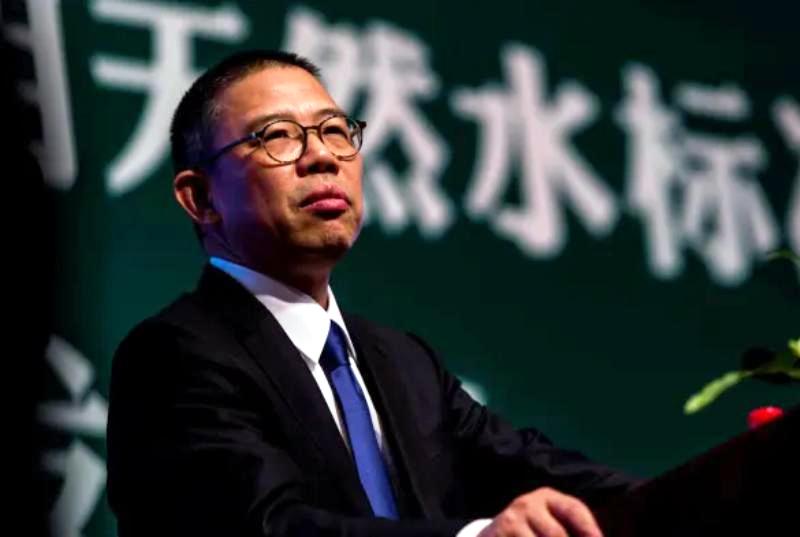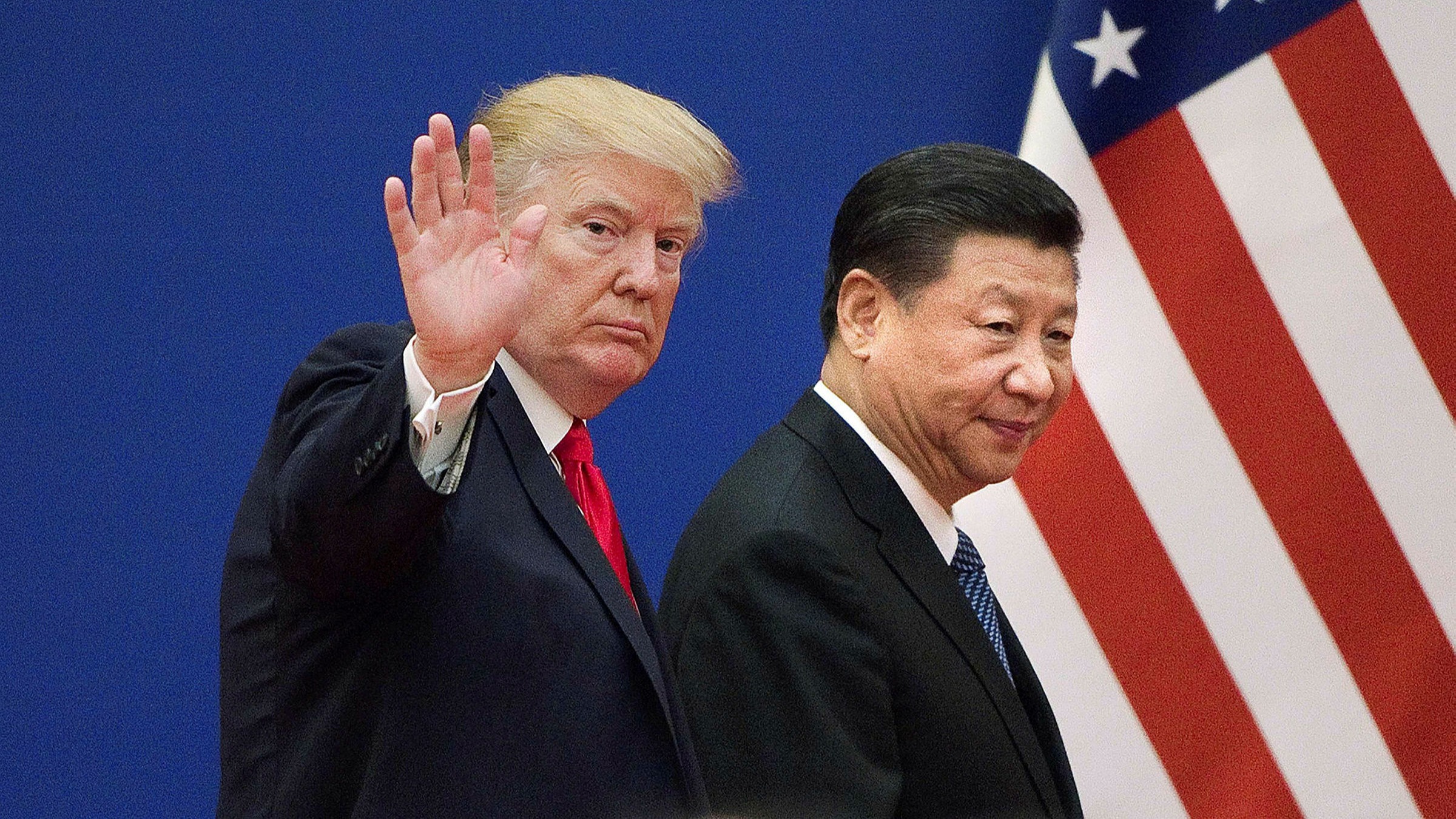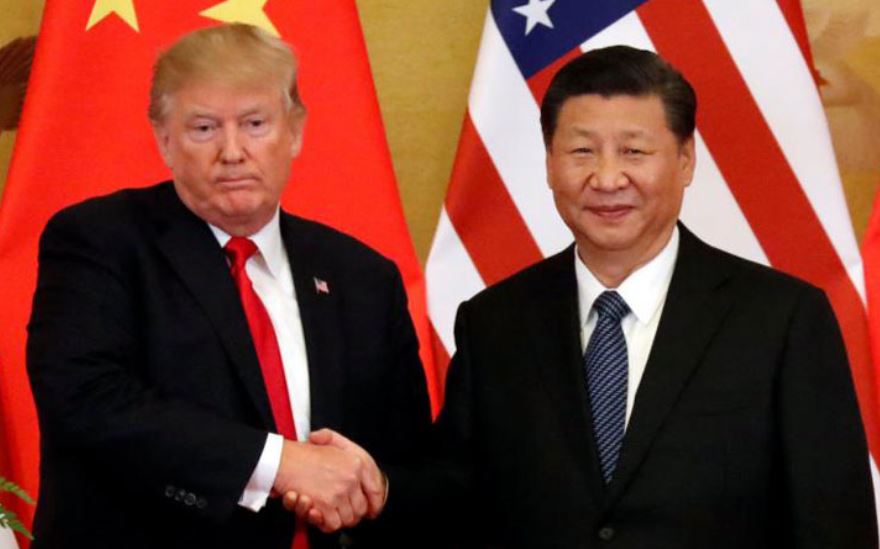The Chinese authorities have temporarily suspended entry into China by Nigerians and other nationals in Nigeria holding valid Chinese visas or residence permits due to the COVID-19 pandemic.
According to reports the United Kingdom, Belgium, Luxembourg, Philippines and a few others were also affected by the policy.
It was gathered that the decision was informed by the evaluation of the COVID-19 situation in the concerned countries.
Announcing this in a public notice on Thursday, the Embassy of China and Consulate in Nigeria also said it will no longer issue certified health declaration form for non-Chinese nationals in the country.
It, however, said holders of diplomatic passports, courtesy or C visas would not be affected by the regulation.
The statement was titled, ‘Notice of temporary suspension of entry into China by non-Chinese nationals in Nigeria holding valid Chinese visas or residence permits.’
It read, “Due to the COVID-19 pandemic, China has decided to temporarily suspend entry into China by non-Chinese nationals in Nigeria holding visas or residence permits still valid at the time of this announcement.
“The Chinese Embassy and Consulate in Nigeria will no longer issue a certified health declaration form for the above-mentioned personnel. Entry by holders of diplomatic service, courtesy or C visas will not be affected.
“Foreign nationals visiting China for emergency needs may apply for visas at the Chinese Embassy or Consulate. Entry by non-Chinese nationals in Nigeria with visas issued after November 3, 2020, will not be affected.”
The embassy explained that the suspension was a temporary response necessitated by the current situation of COVID-19.
It added that the measures would be assessed in accordance with the evolving situation “and any adjustment will be announced, accordingly.”
Also speaking on the development in an interview with the AFP, the spokesman,Chinese Foreign Affairs Ministry, Wang Wenbin, said the entry suspension was a legitimate and valid move consistent with international customary practices.
